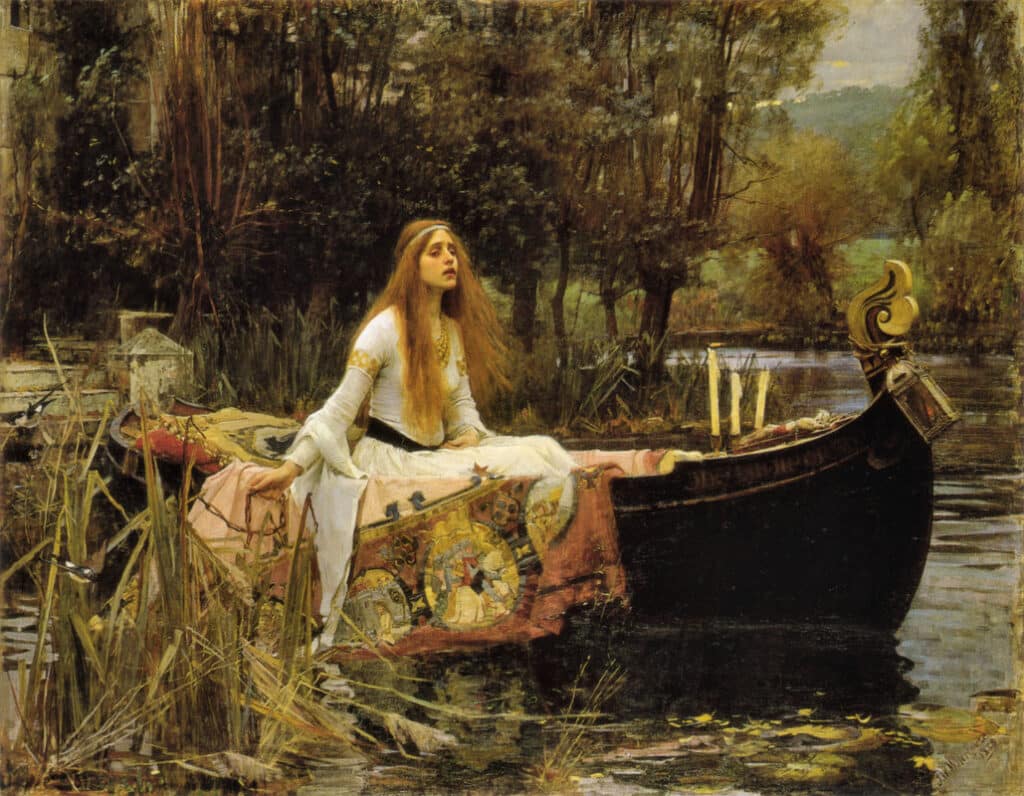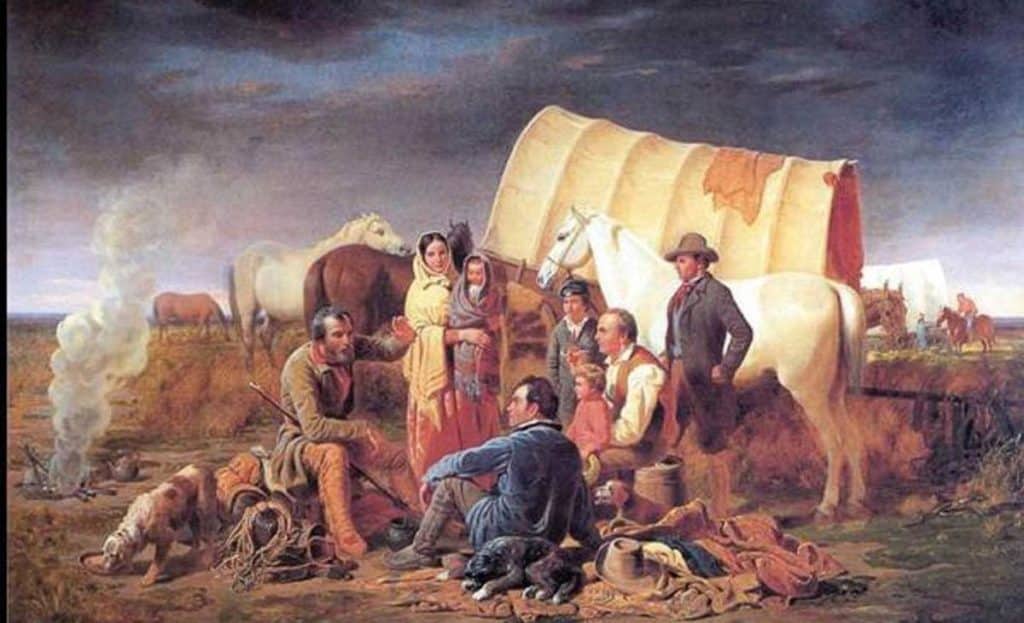Tyger Tyger, burning bright,
In the forests of the night;
What immortal hand or eye,
Could frame thy fearful symmetry?
In what distant deeps or skies.
Burnt the fire of thine eyes?
On what wings dare he aspire?
What the hand, dare seize the fire?
And what shoulder, & what art,
Could twist the sinews of thy heart?
And when thy heart began to beat,
What dread hand? & what dread feet?
What the hammer? what the chain,
In what furnace was thy brain?
What the anvil? what dread grasp,
Dare its deadly terrors clasp!
When the stars threw down their spears
And water’d heaven with their tears:
Did he smile his work to see?
Did he who made the Lamb make thee?
Tyger Tyger burning bright,
In the forests of the night:
What immortal hand or eye,
Dare frame thy fearful symmetry?
Summary and Analysis
-
Editors Rating
Meaning of the Poem
The Tyger is a poem published in 1794 by the poet William Blake as part of the Songs of Experience collection. Literary critic Alfred Kazin calls it the most famous of his poems, and The Cambridge Companion to William Blake says it is the most anthologized poem in English. The poem presents a duality between aesthetic beauty and primal ferocity, and Blake believes that to see one, the hand that created “The Lamb”, one must also see the other, the hand that created “The Tyger”: “Did he who made the Lamb make thee?”
The “Songs of Experience” were written as a contrary to the “Songs of Innocence” – a central tenet in Blake’s philosophy, and central theme in his work. The struggle of humanity is based on the concept of the contrary nature of things, Blake believed, and thus, to achieve truth one must see the contraries in innocence and experience. Experience is not the face of evil but rather another facet of that which created us. Kazin says of Blake, “Never is he more heretical than … where he glories in the hammer and fire out of which are struck … the Tyger”. Rather than believing in war between good and evil or heaven and hell, Blake thought each man must first see and then resolve the contraries of existence and life. In “The Tyger” he presents a poem of “triumphant human awareness” and “a hymn to pure being”, according to Kazin.
source: Wikipedia


